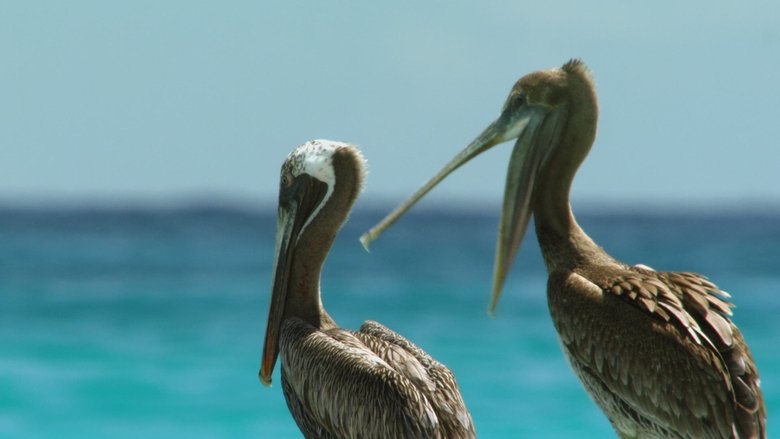Cuba's Wild Revolution
Genres
Documentary
OverView
As the largest island in the Caribbean, Cuba is host to spectacular wildlife found nowhere else on the planet: from the jumping crocodiles of the Zapata swamp to the world's tiniest hummingbird, from thousands of migrating crabs to giant, bat-eating boas that lie in wait for easy prey. Decades of a socialist, conservation-minded government, American embargoes and minimal development have left the island virtually unchanged for 50 years. As international relations ease, what will become of this wildlife sanctuary?
Others
Budget
$--
Revenue
$--
Status
Released
Original Language
English
Runtime
52 mins
Rating
7.7/10
Release Date
09 June 2019
Country
Austria

